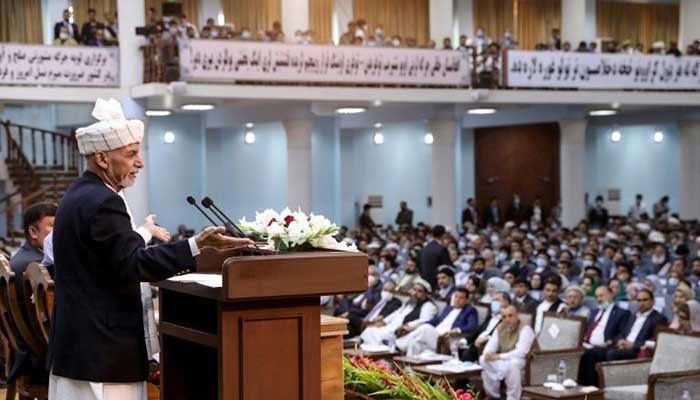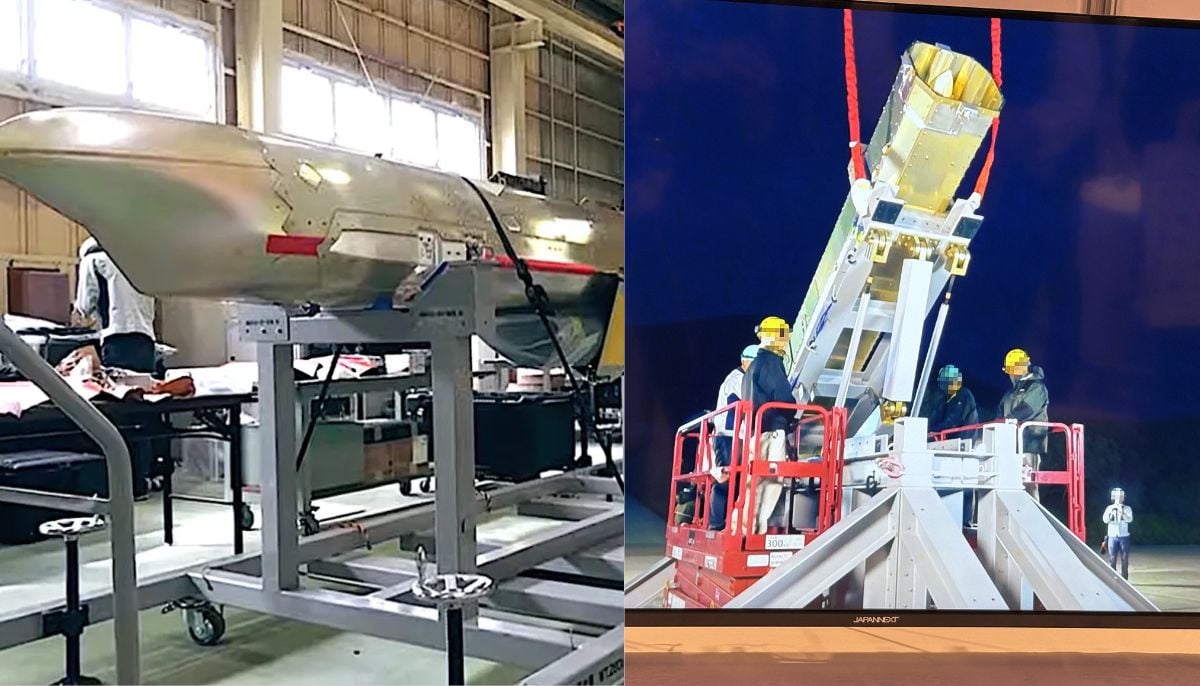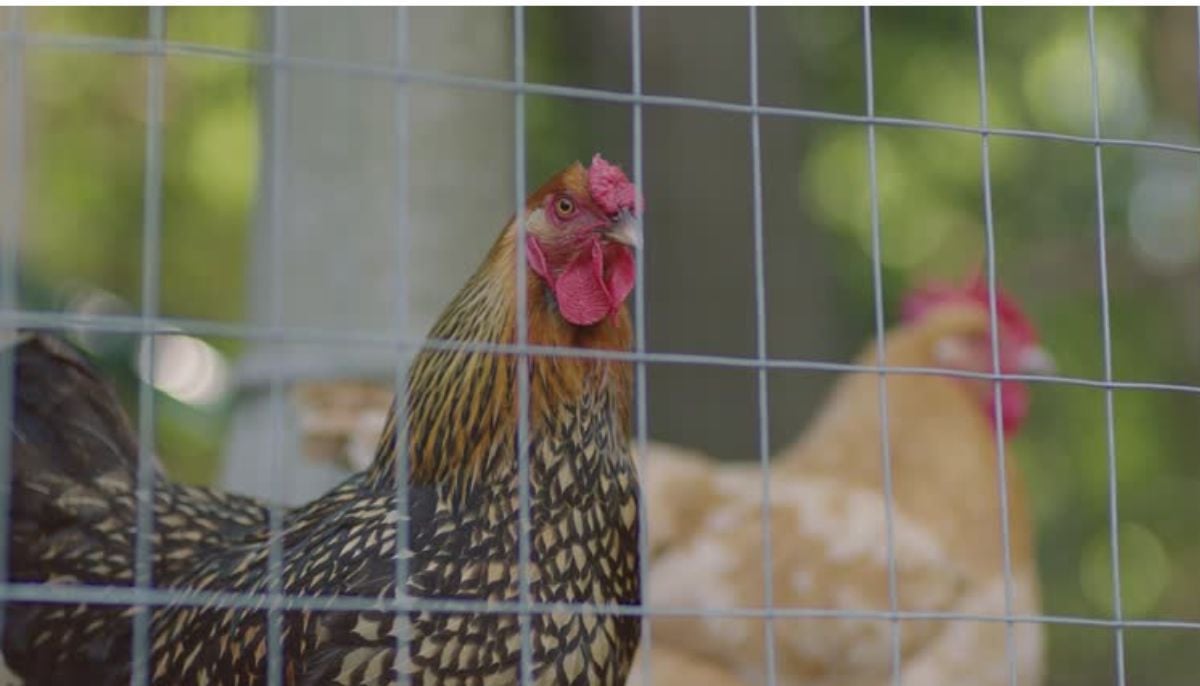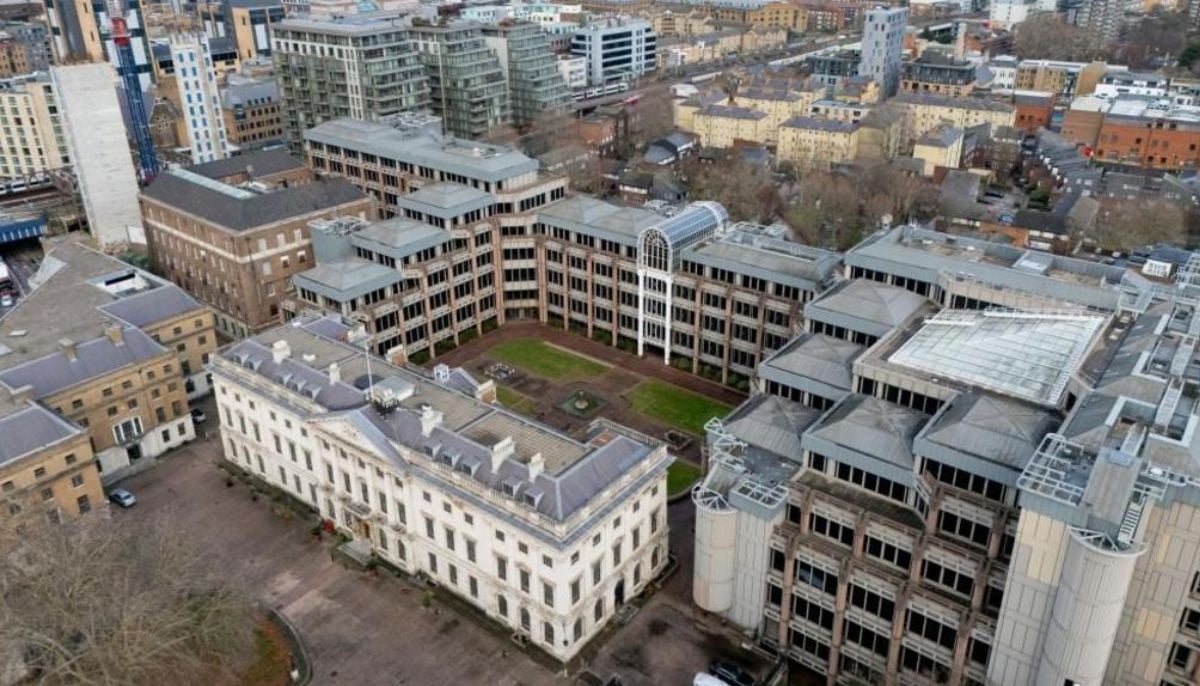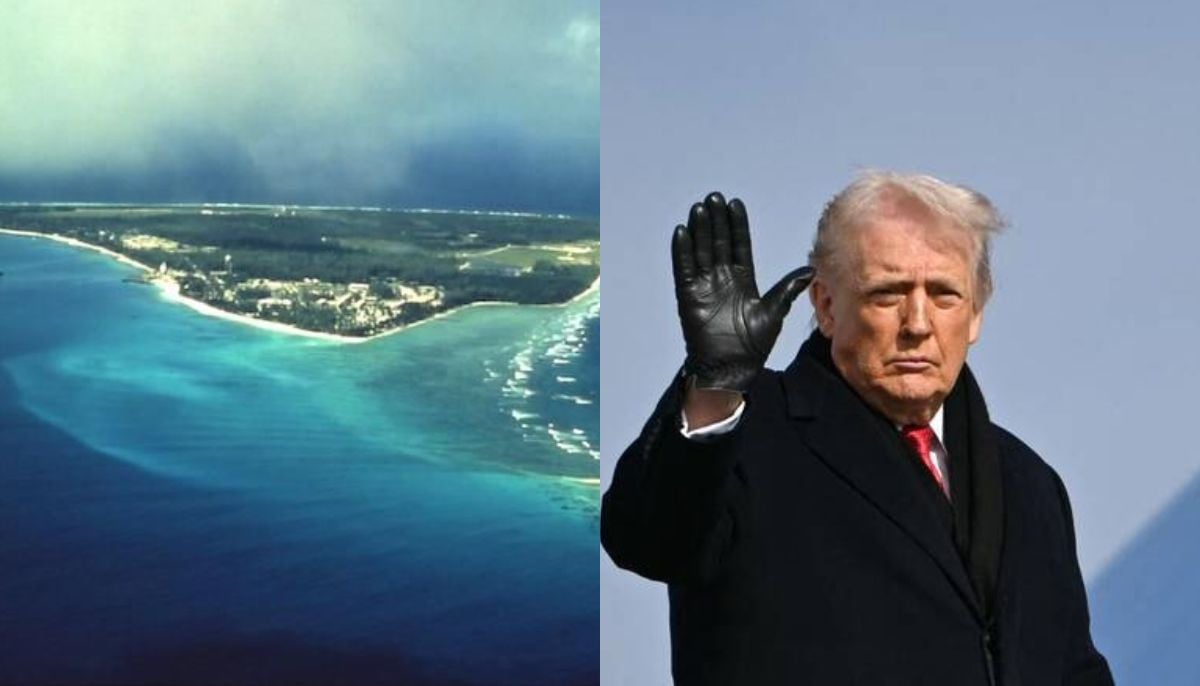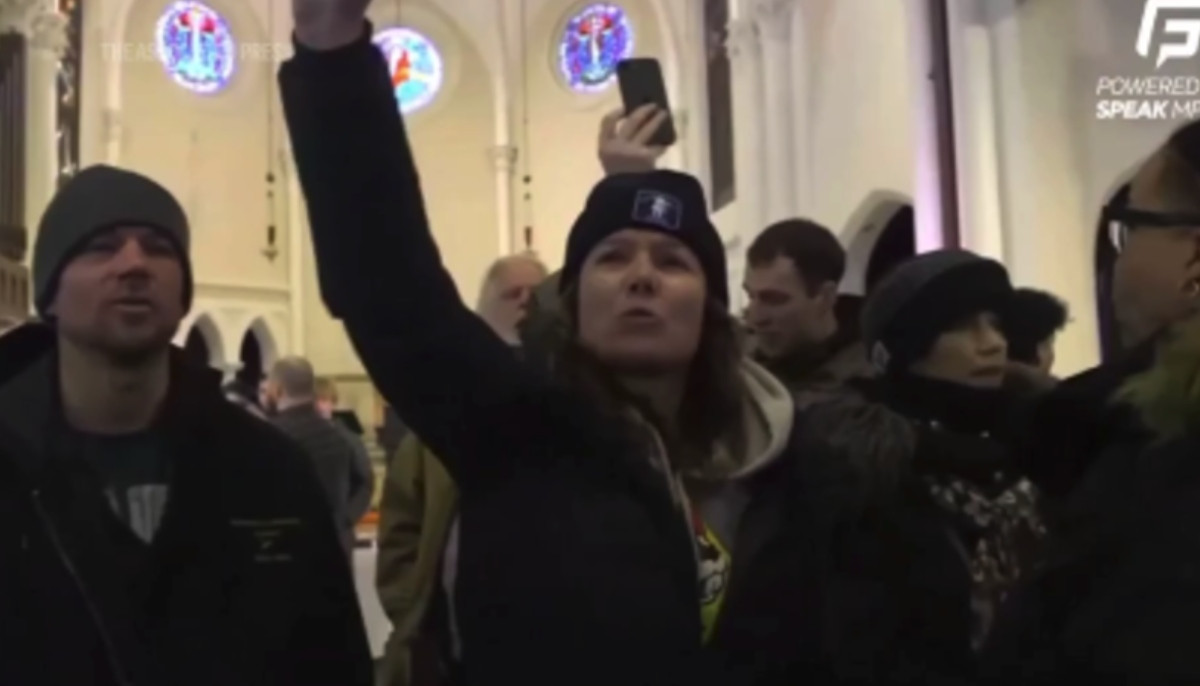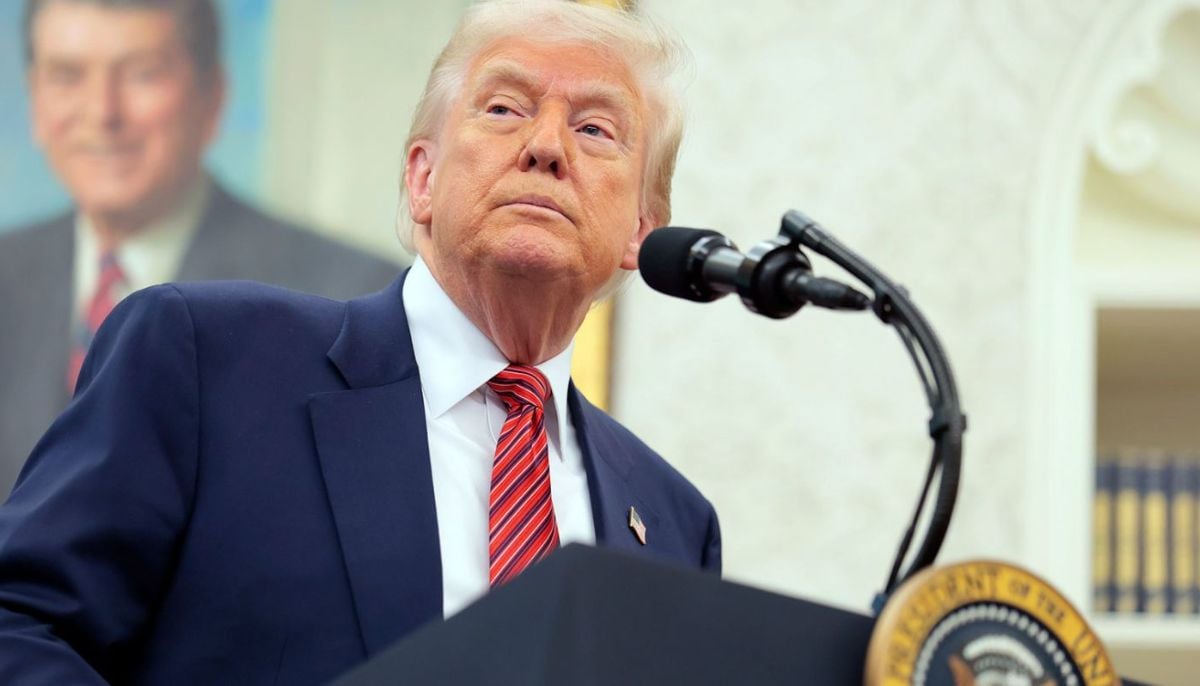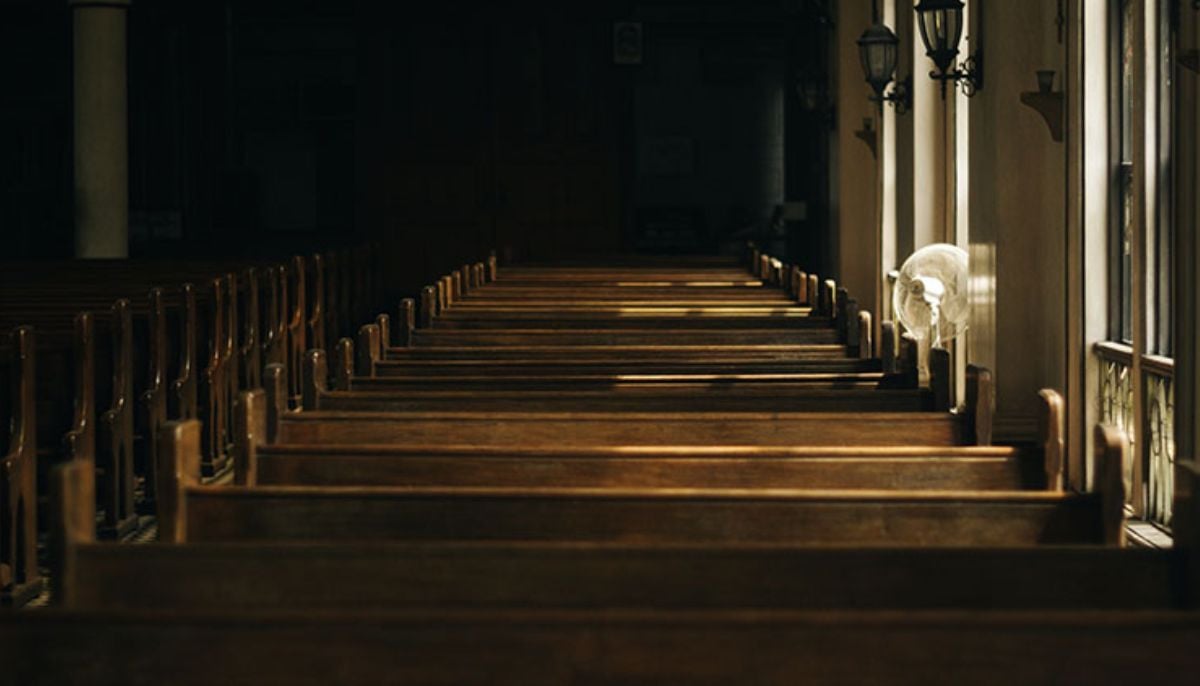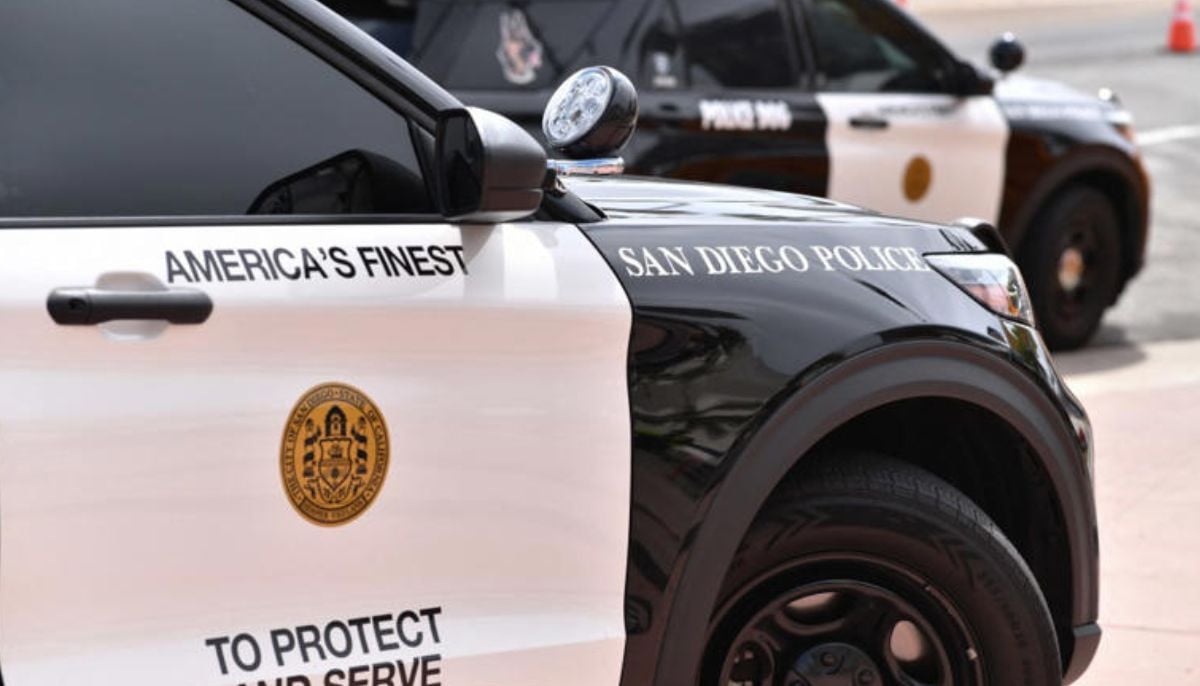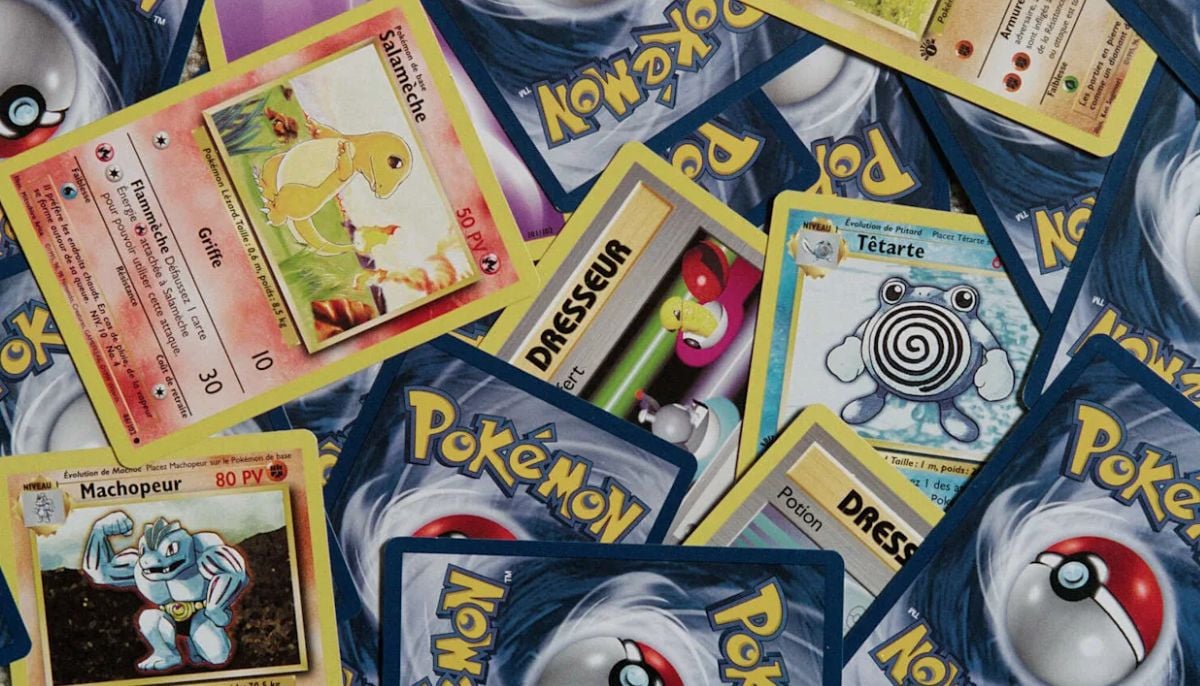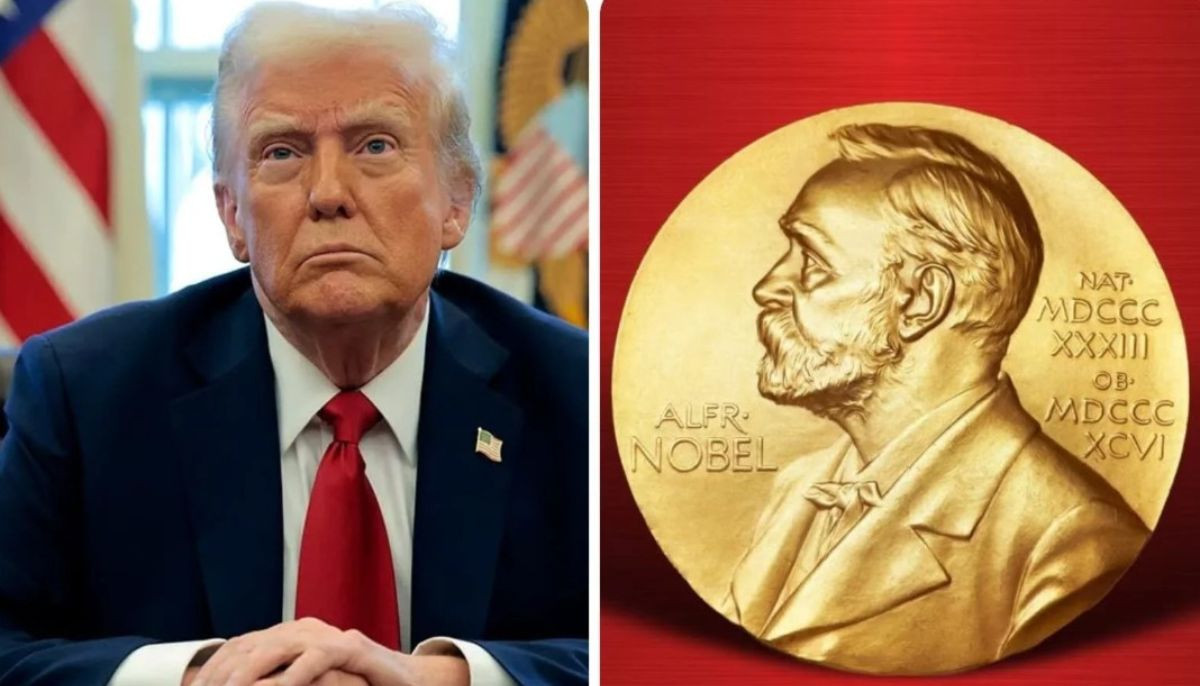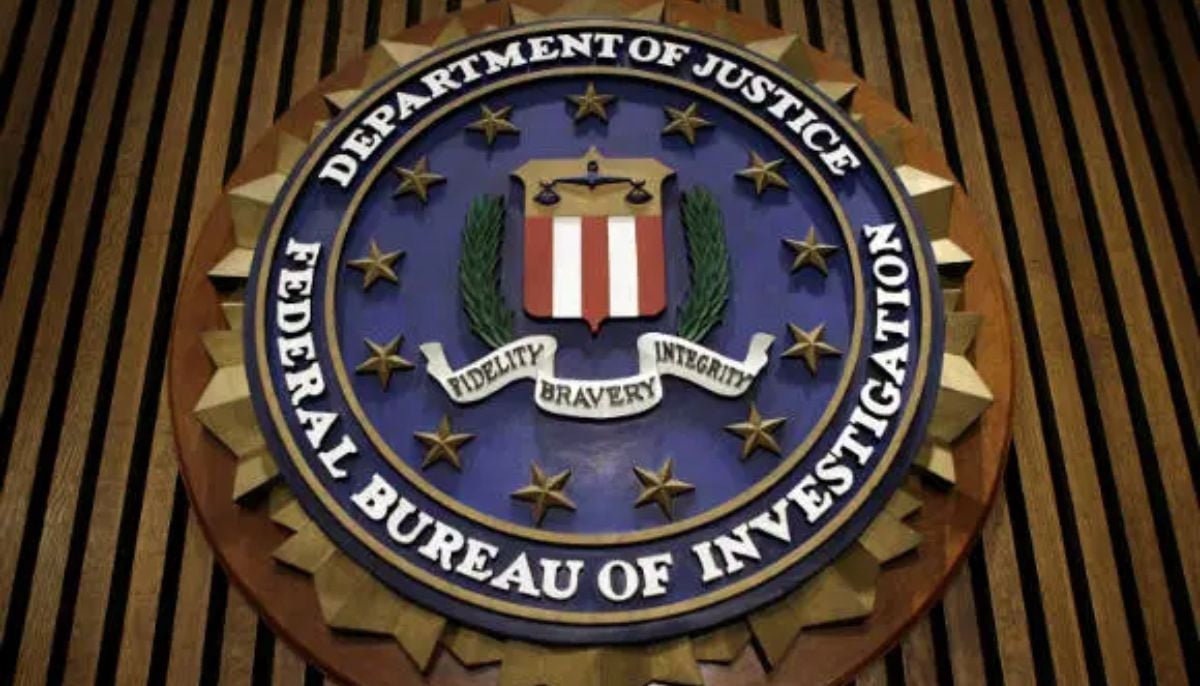Afghan jirga gives go ahead to release of Taliban prisoners
Resolution recommending release of the prisoners was passed at end of a three-day loya jirga
KABUL: A meeting of Afghan elders on Sunday approved the release of close to 400 Taliban prisoners, including many involved in attacks that killed hundreds of Afghans and foreigners.
The resolution recommending the release of the prisoners was passed at the end of a three-day loya jirga — a traditional Afghan meeting of tribal elders and other stakeholders sometimes held to decide on controversial issues.
"In order to remove the hurdles for the start of peace talks, stopping bloodshed, and for the good of the public, the jirga approves the release of 400 prisoners as demanded by the Taliban," a member told the gathering.
Any foreign nationals among the prisoners should be handed over to their respective countries, the resolution stated.
"The decision of the loya jirga has removed the last excuse and obstacles on the way to peace talks. We are on the verge of peace talks," said Abdullah Abdullah, who has been appointed by the government to lead negotiations with the Taliban.
The prisoners' fate has been a crucial hurdle in launching peace talks between the two warring sides, which have committed to completing a prisoner exchange before the talks can start.
The Afghan government has released almost 5,000 Taliban inmates, but authorities have baulked at freeing the final prisoners demanded by the Taliban.
According to an official list seen by AFP, many of the inmates are accused of serious offences, with more than 150 of them on death row.
The list also includes a group of 44 insurgents of particular concern to the United States and other countries for their role in "high-profile" attacks.
US Secretary of State Mike Pompeo pushed for the release of the detainees, while recognising the decision would be "unpopular".
-
Church under investigation after anti-ICE protest interrupts worship
-
'I don't care': Trump shrugs off Nobel Prize talk as Greenland tensions escalate
-
Alarming: Rising shark attacks force Australia to close beaches
-
Three-year-old allegedly tortured, killed during exorcism in California church
-
Drunk driver tries to snatch San Diego deputy’s gun during chase
-
Rare Pokémon cards worth $100k stolen in New York shop robbery
-
Nobel Prize snub hardens Donald Trump's tone on ‘peace’
-
FBI’s most wanted caught after 10 years in Mexico
